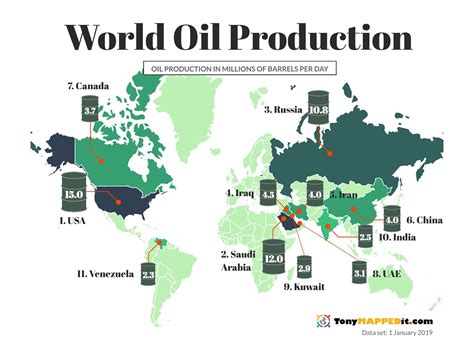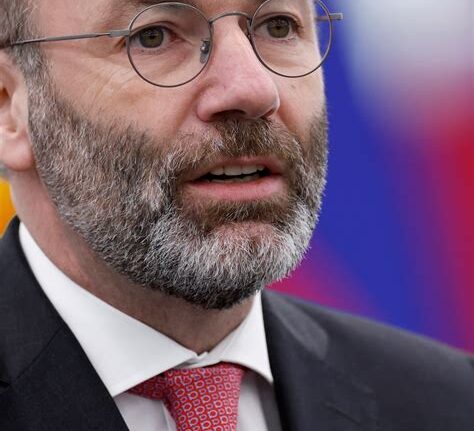The bustling city of Busan, South Korea, found itself at the heart of a pivotal moment in global environmental diplomacy. With the clock ticking down to the conclusion of critical UN plastic treaty talks, tensions were running high as negotiations teetered on the edge of collapse.
As delegates from around the world gathered for what was supposed to be a decisive final stretch, signs of discord began to emerge. A vocal minority comprised mainly of oil-rich and plastic-producing nations dug their heels in, adamantly resisting proposed measures aimed at curbing plastic production.
Amidst this mounting resistance, a coalition of countries including Mexico, France, the European Union, Panama, Rwanda, and Fiji made their stance clear. Their representatives stood united in opposition to the efforts led by oil-rich nations like Saudi Arabia to thwart significant progress. French Energy Minister Olga Givernet captured the sentiment well when she expressed concern over the obstruction caused by these dissenting voices.
“We … are worried by the continuing obstruction,”
she emphasized during a press conference that drew widespread attention.
The European Union’s Special Envoy for Climate and Environment Diplomacy echoed these sentiments but also hinted at a glimmer of hope amidst uncertainty. Despite acknowledging lingering concerns about the negotiations’ outcome, there was an underlying sense of determination among those advocating for meaningful change.
However, optimism quickly gave way to disappointment as a draft treaty text was unveiled – one that fell short of expectations for many involved in the discussions. Senegal’s representative Cheikh Ndiaye Sylla minced no words in expressing dissatisfaction with what he deemed an unacceptable version of the text.
One key point of contention revolved around crucial aspects such as reducing plastic production, phasing out problematic plastic products and chemicals, and establishing financing mechanisms for enacting necessary measures. The new text presented a diluted approach that failed to address these pressing issues adequately.
Behind closed doors, whispers circulated among negotiators about Saudi Arabia’s influential role in spearheading opposition against provisions that could impact plastic production significantly. The self-proclaimed
“like-minded coalition”
spearheaded by oil-rich nations had been under scrutiny for impeding progress since earlier deliberations.
Efforts were made to sway major players like China and India towards more favorable stances on curtailing plastic production. However, even China – renowned as one of the largest global plastic producers – remained resistant to proposed measures calling for reduction.
With time running out before a final plenary session later in the day loomed large on everyone’s minds; contingency plans were being discussed regarding potentially extending negotiations beyond initial timelines.
“We’re not just negotiating a treaty; we’re deciding whether we care enough to save ourselves,”
remarked Panama’s Juan Carlos Monterrey Gómez passionately early Sunday morning.
Plastics had become more than mere materials; they symbolized a looming threat if left unchecked.
The unfolding drama in Busan underscored not only international discord but also highlighted deeper ideological rifts concerning environmental stewardship and sustainability practices worldwide. In this crucible of competing interests and ideologies lay the fate of global efforts to combat one of modern society’s most pressing challenges: plastic pollution.









Leave feedback about this